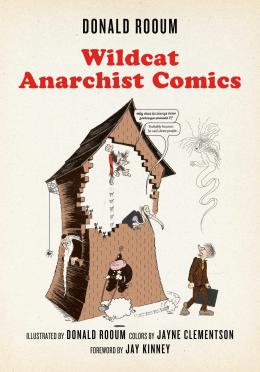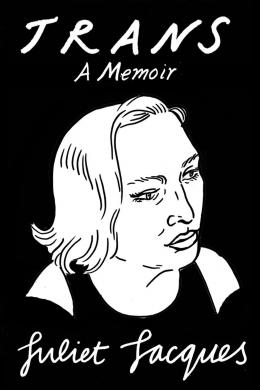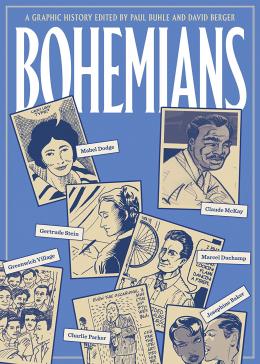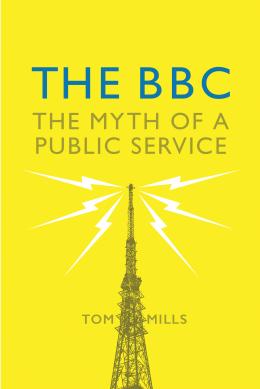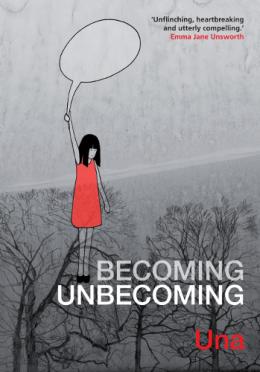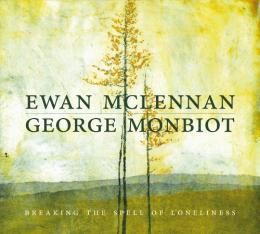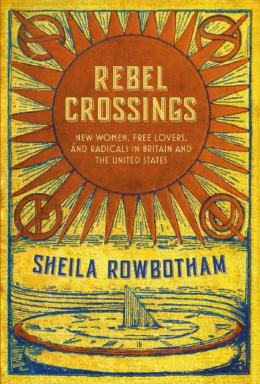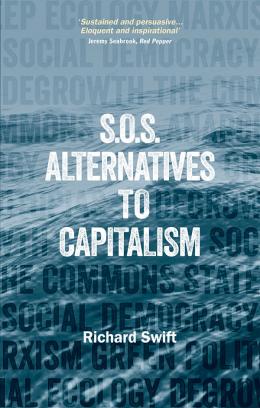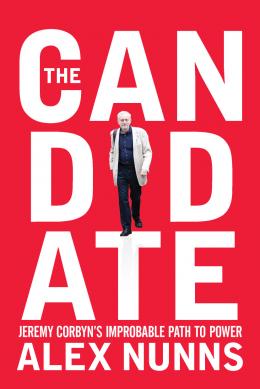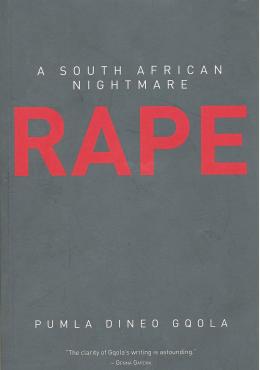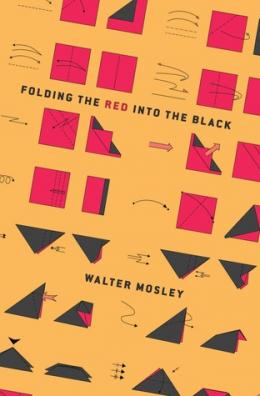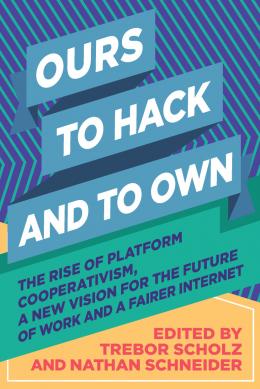Donald Rooum has been drawing cartoons for PN since (at least) 1962, and PM’s new selection of his work – many of them featuring his most famous creation, the anarchist moggie Wildcat – takes on a wide variety of familiar targets: religion, the military, police surveillance, the monarchy and capitalism. But we’re also treated to Rooum’s delightfully offbeat takes on Rumplestiltskin and the Garden of Eden (‘When you’re not blackmailing, you quite turn me on’, the miller’s daughter tells Rumplestiltskin.)
Offering an…
Reviews
Trans is an autobiography by Juliet Jacques, a trans woman who previously wrote a series about her transition for the Guardian. Jacques cleverly interweaves trans history, and the focus on transness in various forms of entertainment, with her own experiences, creating an intelligent, honest, and powerful account of life as a trans woman, making this a wonderful resource for trans and gender-questioning people.
She opens by talking about her sex reassignment surgery, a point which is often considered a sort of…
'Bohemians have occupied a semi-subversive status in modern society without being, in any consistent way, political-minded or even organised', notes Paul Buhle in his insightful introduction to this wonderful collection of comics.
Featuring almost 30 separate stories, artwork by over a dozen different artists, and with a a timeframe spanning over 100 years (one of the first stories tells the story of the New York-based Unitary Household, who practiced free love and critiqued gender roles in in the late 1850s) this is a book as wide-…
Historically there has been a general consensus across British politics and among British political commentators that the BBC is, by and large, an independent, left-leaning institution that serves the public interest. But, as readers of PN will know, especially when it comes to issues of war and peace, this is a myth.
Since its inception, the BBC has overwhelmingly served the interests of the government and elite sectors in society, a fact backed up by virtually every significant scholarly study on the matter.
…
Beautiful, disturbing and timely, Becoming Unbecoming uses the medium of the graphic novel to brilliant effect in exploring that ‘something embedded deep within [our] culture that produces eruptions of gendered violence and allows them to flourish’.
Becoming Unbecoming dovetails an account of the author’s own experiences of rape and sexual abuse during her childhood in West Yorkshire in the mid-to-late 1970s with the history of the police hunt for the so-called ‘Yorkshire Ripper’ (Peter Sutcliffe, who murdered 13 women,…
Human beings are social creatures and the effects of loneliness are deeply harmful to us, to our health and our mental state. We are inclined towards altruism and community but an obsession with individualism is driving us into isolation. And this separation can be useful to those in power: a community of people working together is not so easy to control as a fragmented society of apparently disparate individuals.
George Monbiot believes that loneliness has become an epidemic and this album – a collaboration with the Scottish…
A professor of journalism at the University of Texas, Robert Jensen has a long history of activism focussing on US foreign policy, progressive journalism, climate change and pornography.
With The End of Patriarchy, he makes a strong, often deeply personal, case for radical feminism, which he believes has lost significant ground to individualistic liberal feminism and postmodern feminism in the broader culture and academia, respectively. For Jensen, the central tenet of radical feminism is the ‘understanding that men’s…
Don’t be deterred by this book’s hefty appearance or its purely historical premise. Using archival research, Sheila Rowbotham has retraced the lives of six US and British radicals in the late 19th century. Her commitment to mingling the personal and the political results in a fascinating mosaic of stories.
In the decades that Rowbotham reconstructs before our eyes, women could still not speak in public without ‘odium and ostracism’. Divorce and contraception were highly controversial. Yet this was also a time when belief in God…
With its black and yellow cover, featuring silhouettes of security cameras and other paraphernalia, at first glance this book looks intent on scaring the reader. Even the word ‘dispossessed’ in the title has classic horror film connotations. And perhaps this was the intention of the contributors, academics and activists who, in dismay at the failure of climate talks in 2009, came together for a seminar to discuss what should be done. The resulting papers comprise this volume, with accompanying chapters online.
The book’s main…
This book, now in a newly updated edition, begins with the hopeful reminder that capitalism is young compared with the human race, that its continuation is not inevitable and that there are many possibilities to build alternatives, some of which are explicitly against capitalism, while others seek to limit the damage it causes.
The urgency of the message, as the S.O.S. in the title suggests, is that in a world of limited resources, a system that relies on growth threatens the existence of the human race, if not the planet itself…
Though there have now been a number of books published about Jeremy Corbyn’s election as the leader of the Labour Party, including Richard Seymour’s impressive Corbyn: The Strange Rebirth of Radical Politics (reviewed in PN 2596-2597), The Candidate is arguably the definitive account of those exciting days.
As the political correspondent of Red Pepper magazine, Alex Nunns is perfectly placed to chart Corbyn’s 2015 leadership campaign, writing a detailed, journalistic and engrossing account. He ends with a…
This book comprises mainly extracts, selected by the two authors, from the writings of Adam Curle, the first professor of Peace Studies at Bradford University. The authors also provide introductions and commentaries, including a succinct biography, and assess Adam’s contribution to the field.
They are well-placed to do so. Tom Woodhouse was part of the School of Peace Studies from its inception in 1973, founded the Centre for Conflict Resolution there in 1990, and held the Adam Curle chair from 1999 to 2002. John Paul Lederach is…
South African professor Pumla Dineo Gqola’s latest book comes without any trigger warnings. Frank and affecting, it demands more attention be given to reducing the frequency of gender-based assaults and eventually the eradication of such violence altogether. In contrast to publications such as Nina Burrowes’ The Courage To Be Me, which may offer comfort and support for victims/survivors, this book instead challenges the behavioural patterns and ideologies in our societies that continue to allow violent masculinities to exert power…
The writer and radical Walter Mosley is best known for his crime novels, in particular those featuring his African-American private investigator Easy Rawlins, hero of the best-selling Devil in a Blue Dress. But Mosley’s prolific output also includes science fiction, erotica, non-genre fiction and five short political tracts addressing issues such as race and US foreign policy.
In this, his latest foray into politics, he turns to economics, proposing a ‘shotgun wedding’ between socialism and capitalism. Such a marriage is…
This timely book explores how industrial co-operatives can be made relevant in our digital age. Co-operatives founded by nineteenth-century factory workers revolutionised working practices. This book proposes that digital workers must establish similar mutuals to bring about democratic governance and shared ownership of the internet’s levers of power – its platforms and protocols.
(The term ‘platform’ refers to the places where we hang out or work after we switch on our phones or computers. Likewise, the word ‘hack’ in the title…


